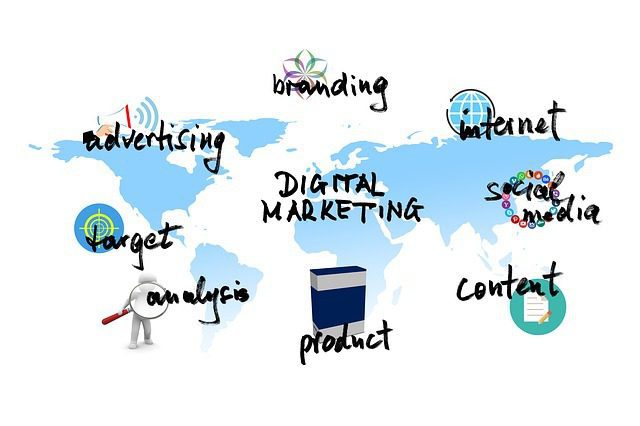Are you thinking about starting an eCommerce business? In recent years, many people have set up online stores either as a way to earn on the side or as their main source of income. This is for good reason as e-commerce is a thriving industry, plus these businesses can be set up and run from home. While there are many benefits to opening an online store, and it could be a good earner, you will find that a lot needs to be considered first. With this in mind, this article will look at a few of the main considerations when starting an online store.

Essential Success Strategies for Growth of Ecommerce Business
Target Market
One of the key considerations when starting an online store is identifying your target market. As with any business, you need to know exactly who your target market is so that you can find ways to appeal to this group. Your target market will need to be considered in practically all decisions, including branding, marketing, and customer service. Many eCommerce businesses find it helpful to create customer personas so that they are able to visualize and have a greater understanding of who their target market is.
Website Development
To find success in the competitive marketplace of eCommerce, you need to have an online store that will convert visitors into customers. E-commerce standards are high these days, so you want to make sure that your store stands out for the right reasons and provides the best user experience. For the best results, you should use the services of experienced Magento development experts. Magento development experts can build a website from scratch that will provide a smooth experience for visitors, appeal to your target market, and lead to conversions. This should help you to hit the ground running with your online store and avoid some of the common issues that people make when designing their own online store.
Inventory Management
You should also consider inventory management and what the best option is for your specific situation. You could manage your own inventory, but many people that start online stores from home opt for dropshipping, and it is easy to see why. With drop shipping, you do not have to store products yourself. Instead, they are stored and shipped directly from a third-party directly to the customer. This can free up time and energy for you to focus on other areas of the business, as well as eliminate the need for storage space at home.
Marketing
No eCommerce business can succeed without effective marketing. E-commerce is incredibly competitive, and many new stores find it hard to get noticed, so you need to carefully consider your marketing strategy. You might find it helpful to enlist the services of a digital marketing agency that will be able to boost your presence online. You should also be active on social media and know how to use these platforms to attract customers.
To maximize the effectiveness of your online advertising, think about working with a reputable advertising agency. The Google Ads platform is a useful tool for increasing online visibility and luring potential customers.
Payment Gateway Integration
Another crucial aspect to consider when setting up an online store is integrating a reliable payment gateway. Your customers must feel secure when making transactions on your website, so choosing a trusted payment gateway provider is essential. Look for options that offer a seamless checkout experience, support various payment methods, and prioritize security measures such as SSL encryption to protect sensitive information.
Customer Support
Providing excellent customer support is vital for the success of your eCommerce business. Make sure you have efficient channels for addressing customer inquiries, concerns, and issues promptly. This includes offering multiple contact options such as email, live chat, and phone support. Additionally, consider implementing a comprehensive FAQ section or knowledge base to address common questions and provide self-service options for customers.
Mobile Optimization
With the increasing prevalence of mobile devices, optimizing your online store for mobile users is crucial. Ensure that your website is responsive and provides a seamless browsing and shopping experience across different devices and screen sizes. Mobile optimization not only enhances user experience but also improves your website’s visibility in mobile search results, driving more traffic and potential sales.
Legal and Regulatory Compliance
Before launching your eCommerce store, it’s important to understand and comply with relevant legal and regulatory requirements. This includes aspects such as data protection laws, consumer rights regulations, and tax obligations. Failure to adhere to these laws can result in legal consequences and damage to your business reputation. Consider consulting legal professionals or experts in eCommerce compliance to ensure your business operates within the legal framework.
Continuous Improvement
Finally, remember that launching an eCommerce store is just the beginning. Continuously monitor and analyze your website performance, customer feedback, and market trends to identify areas for improvement. Regularly update your product offerings, website design, and marketing strategies to stay competitive and meet evolving customer needs. By embracing a mindset of continuous improvement, you can adapt to changes in the eCommerce landscape and position your store for long-term success.
If you are thinking about starting an eCommerce store, then these are a few key considerations that you will need to think about first. Addressing these areas will improve your chances of hitting the ground running.








